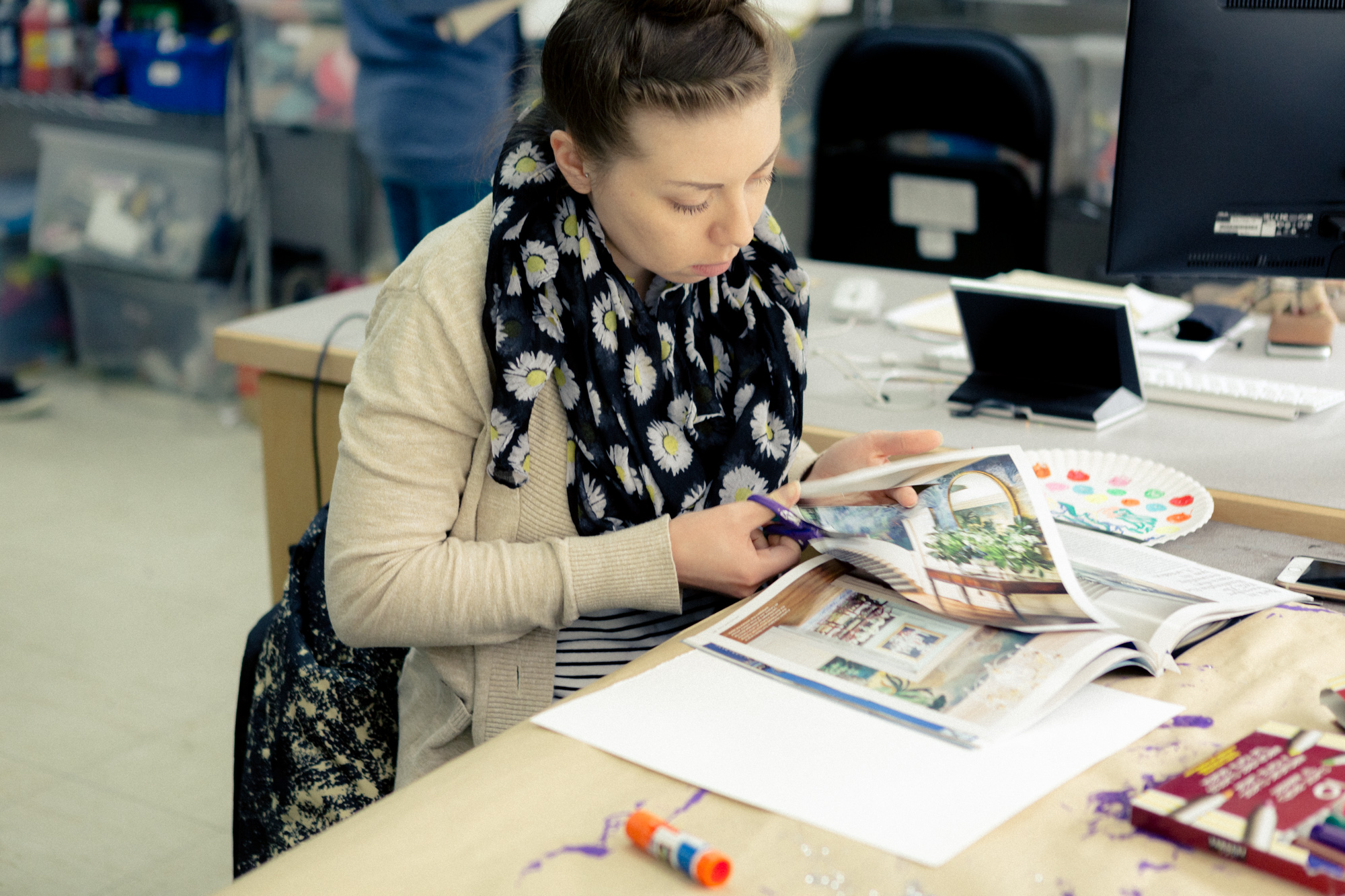
Pratt’s Low Residency Programs are uniquely structured, 2 1/2 year programs designed for students who will benefit from an alternative to the 2 year academic schedule due to professional or personal commitments. These programs offer both in-person coursework and online courses. Students begin the programs in March, and complete the entire rotation of coursework 2 1/2 years later in July. Low Residency in-person classes are scheduled for nine days in March plus one full month from mid-June to mid-July. All in-person classes are currently being offered on our Brooklyn, NY campus. Final course assignments (from the summer classes) are due in the Fall semester, enabling the students to integrate their readings, classroom and internship experiences. In the Fall and Spring semesters, students complete two years of clinical training in their area of residence, and take 1-2 online courses each semester. Low Residency Programs differ from Academic Year programming in several ways:
- Students attend classes in the spring and summer prior to starting their internships.
- Students do not need to be in residence for two full years, but come together from multiple states to learn together in short intensive sessions.
- Students stay connected to one another and the program during fall and spring via an online supervision group and online courses offered each semester.
- As part of their Introduction to Creative Art Therapy II class, students lead art/movement creativity groups as a practicum experience. This helps students prepare for a more independent internship experience in their Fall semester.
The art therapy program is approved by the American Art Therapy Association and the Dance/Movement Therapy program is approved by the American Dance Therapy Association. For those intending to work in New York State, all programs are registered with the New York State Department of Education and entitle graduates to apply for New York State licensure. For those living and working in states requiring Counseling licensure, Pratt provides the majority of coursework required for a counseling license and the department will assist all graduates with licensure application materials.
To contact the Creative Arts Therapy Department directly, please email adt@pratt.edu.
Note to international students: Pratt’s Low Residency programs are not eligible for an I-20 to be issued to get an F1 Visa. Other non-immigrants may be eligible for the program. Please contact oia@pratt.edu and ask if you are eligible for the Low Residency programs within the Creative Arts Therapy Department.
Dance/Movement Therapy, MS – Low Residency
The cycle of classes is as follows: in March, students take two 3-credit classes over 9 days; in June they take two 3-credit classes over 9 days of classes with a weekend break, followed by three weeks of classes which run Monday–Friday. Students generally complete reading assignments before classes and then complete papers and final assignments after classes are over, giving them a chance to integrate class experience with clinical training experience. Two years of clinical training are completed from September through May following the first and second year of summer classes. Supervision is completed provided through weekly online contact, as well as an active online forum that keeps low-residency students consistently in touch with Pratt faculty and one another. Housing is available on campus. The low-residency program is not considered full-time. Therefore, international students will be ineligible for F–1 visas.
Art Therapy and Creativity Development, MPS – Low Residency
The cycle of classes is as follows: in March, students take two 3-credit classes over 9 days; in June they take two 3-credit classes over 9 days of classes with a weekend break, followed by three weeks of classes which run Monday–Friday. Students generally complete reading assignments before classes and then complete papers and final assignments after classes are over, giving them a chance to integrate class experience with clinical training experience. Two years of clinical training are completed from September through May following the first and second year of summer classes. Supervision is completed provided through weekly online contact, as well as an active online forum that keeps low-residency students consistently in touch with Pratt faculty and one another. Housing is available on campus. The low-residency program is not considered full-time. Therefore, international students will be ineligible for F–1 visas.